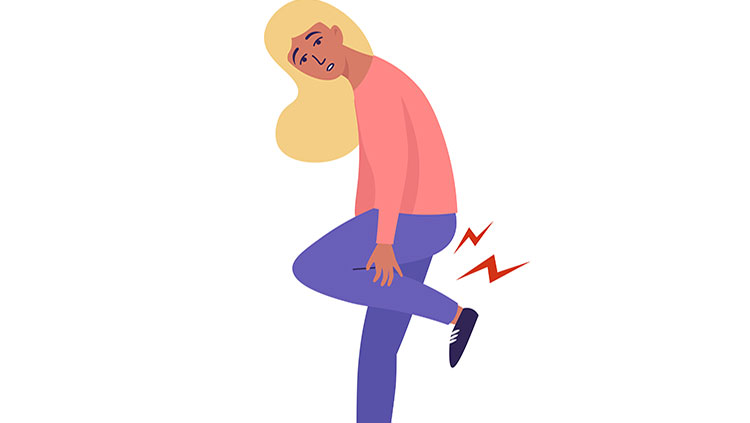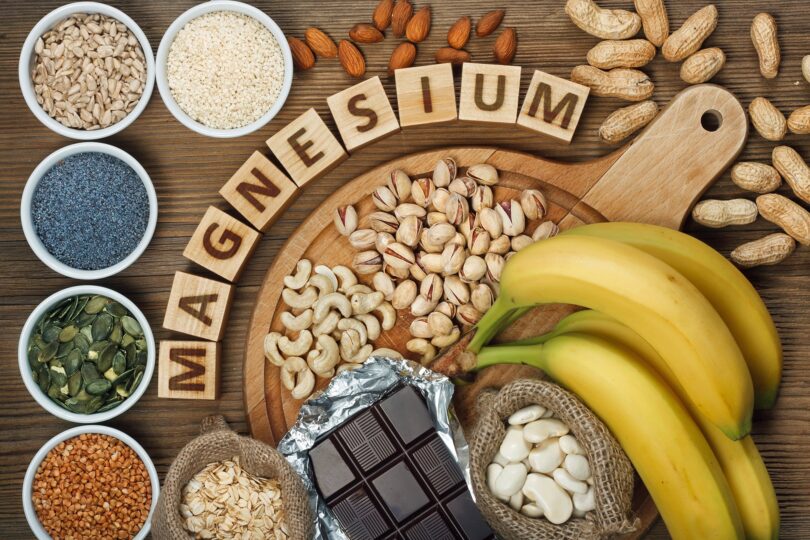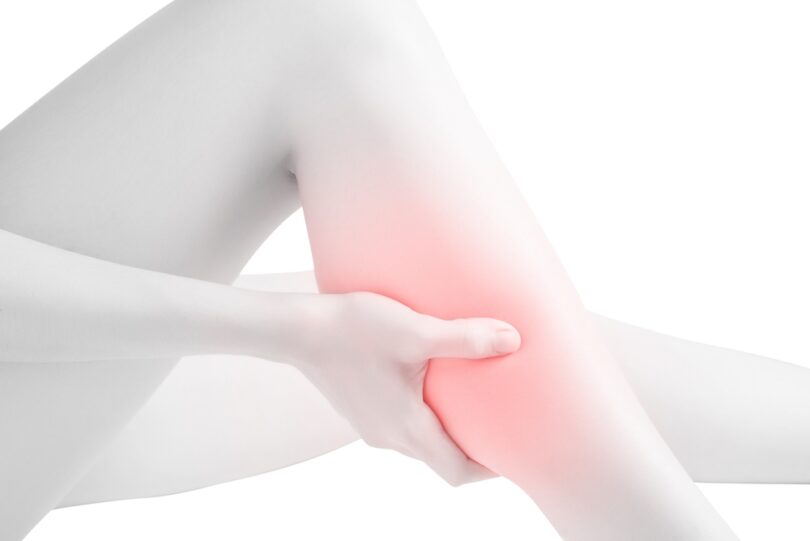Muscle cramps can be incredibly painful and disruptive, often occurring when you least expect them. They can happen during exercise, at night, or even when you’re just sitting still. Fortunately, there are ways to prevent and treat muscle cramps, and one of the most effective methods is by increasing your intake of magnesium.
Magnesium is an essential mineral that plays a critical role in over 300 biochemical reactions in the body. It is involved in everything from energy production to protein synthesis and nerve function. Magnesium also plays a vital role in muscle contraction and relaxation, which is why it’s so important when it comes to preventing and treating muscle cramps.
Understanding Magnesium
It is a mineral that the body needs in order to function properly. It’s involved in many of the body’s processes, including muscle function, nerve function, and the immune system. Magnesium is essential for healthy bones and teeth, and it’s also important for regulating blood sugar levels and blood pressure.
There are many sources of it, including leafy greens like spinach and kale, nuts like almonds and cashews, and whole grains like brown rice and quinoa. Supplements are also widely available, although it’s always best to talk to your doctor before starting any new supplement regimen.
Causes of Muscle Cramps

Source: brainfacts.org
Muscle cramps can be caused by a variety of factors, including dehydration, electrolyte imbalances, overexertion, medications, and certain medical conditions.
Dehydration is a common cause of muscle cramps, especially in athletes and those who are physically active. When the body doesn’t have enough water, it can’t function properly, and muscles are more likely to cramp up.
Electrolyte imbalances can also lead to muscle cramps. Electrolytes are minerals that help conduct electrical impulses in the body, and they’re essential for muscle and nerve function. When the balance of electrolytes is disrupted, it can lead to cramping and other symptoms. Overexertion is another common cause of muscle cramps. When muscles are worked too hard, they can become fatigued and more prone to cramping.
Certain medications can also cause muscle cramps as a side effect. For example, statins, which are commonly prescribed to lower cholesterol, can cause muscle pain and cramping in some people.
Finally, some medical conditions can cause muscle cramps, including diabetes, peripheral artery disease, and kidney disease.
How to Get It in Your Diet?
There are many ways to increase your intake of it, including eating foods that are high in magnesium, taking supplements, or using oil.
Foods that are high in magnesium include leafy greens like spinach and kale, nuts like almonds and cashews, and whole grains like brown rice and quinoa. Some other good sources of magnesium include avocados, bananas, black beans, and dark chocolate.

Source: naturemade.com
If you’re considering taking a supplement, it’s always a good idea to talk to your doctor first. Supplements come in many different forms, including citrate, glycinate, and oxide. Each type of supplement has its own benefits and drawbacks, so it’s important to find the one that’s right for you. You can check some of them at healthyenergyamazinglife.com and find out how to get rid of muscle cramps once and for all.
If you’re looking for an easy way to incorporate more magnesium into your daily routine, you might consider using oil. Magnesium oil is a liquid form of it that can be applied directly to the skin. It’s absorbed quickly by the body, and it’s an excellent way to increase your levels without having to take a supplement or eat a specific type of food.
How Does It Prevents and Treat Muscle Cramps?
It plays a critical role in muscle contraction and relaxation, which is why it’s so important when it comes to preventing and treating muscle cramps. When the body doesn’t have enough magnesium, it can lead to an imbalance of electrolytes and an increased risk of cramping.
Magnesium works by helping to regulate the flow of calcium into and out of muscle cells. Calcium is an essential mineral for muscle function, but if there’s too much of it in the muscle cells, it can cause them to contract and cramp up. Magnesium helps to counteract this effect by promoting the release of calcium from the muscle cells, which allows them to relax.

Source: novexbiotech.com
There’s a significant body of scientific evidence to support the effectiveness of magnesium in preventing and treating muscle cramps. For example, one study found that taking magnesium supplements reduced the frequency and intensity of muscle cramps in pregnant women. Another study found that magnesium supplements were effective in reducing cramps in people with restless leg syndrome.
Other Benefits
In addition to preventing and treating muscle cramps, it has many other potential health benefits. Magnesium is essential for the development and maintenance of healthy bones. It helps regulate calcium levels in the body, which is important for bone formation and maintenance. It also has anti-inflammatory properties, which can help reduce inflammation throughout the body. This may be particularly beneficial for individuals with conditions like arthritis, asthma, or heart disease.
It plays a key role in insulin metabolism, which can help regulate blood sugar levels. This may be particularly beneficial for individuals with type 2 diabetes.
Overall, it is an important nutrient that plays many critical roles in the body.
Conclusion
Muscle cramps can be incredibly painful and disruptive, but they don’t have to control your life. By increasing your intake of magnesium, you can help prevent and treat muscle cramps, and you can enjoy a more active, pain-free lifestyle.
There are many ways to get more magnesium in your diet, including eating foods that are high in magnesium, taking magnesium supplements, or using magnesium oil. If you’re not sure how much magnesium you should be getting each day, talk to your doctor or a registered dietitian.
Remember, preventing and treating muscle cramps is an essential part of maintaining your overall health and well-being. So, if you’re experiencing muscle cramps, don’t suffer in silence. Talk to your doctor today about how you can incorporate more magnesium into your diet, and take the first step towards a more comfortable, active life.







